Boosting Health A Comprehensive Guide to Nutritional Supplements for the 50-Year-Old Woman
Introduction:
As women reach the age of 50, their bodies undergo various changes, including a decline in hormone levels, reduced bone density, and increased risk of chronic diseases. To maintain optimal health, it is crucial for this age group to focus on a balanced diet and consider incorporating nutritional supplements. This article will provide a comprehensive guide on how a 50-year-old woman can effectively supplement her diet to support her health and well-being.
1. Calcium and Vitamin D for Bone Health:
As women approach menopause, their risk of osteoporosis and bone fractures increases. To maintain strong bones, it is essential to ensure adequate intake of calcium and vitamin D. The recommended daily allowance (RDA) for calcium is 1200 mg for women over 50, while the RDA for vitamin D is 600-800 IU.
Include calcium-rich foods such as dairy products, leafy greens, and fortified cereals in your diet. Additionally, consider a calcium supplement with a maximum of 500 mg per day. Pair this with a vitamin D supplement, especially if you have limited sun exposure, to ensure you meet your daily requirements.
2. Omega-3 Fatty Acids for Heart Health:
Omega-3 fatty acids are crucial for maintaining a healthy heart. They help reduce inflammation, lower cholesterol levels, and prevent the formation of blood clots. The American Heart Association recommends consuming at least two servings of fatty fish per week.
For those who do not consume enough omega-3-rich foods, a fish oil supplement can be beneficial. Aim for a supplement containing 250-500 mg of EPA and DHA combined. However, consult with a healthcare professional before starting any supplement, especially if you have a bleeding disorder or are taking blood-thinning medications.
3. Antioxidants for Immune Support:
Antioxidants, such as vitamins C, E, and beta-carotene, help protect your body against oxidative stress and support a strong immune system. To ensure you're getting enough antioxidants, consume a variety of fruits, vegetables, nuts, and seeds.
If you struggle to meet your daily requirements through diet alone, consider a multivitamin supplement containing these antioxidants. Look for a supplement with at least 60 mg of vitamin C, 15 mg of vitamin E, and 5,000 IU of beta-carotene.
4. Iron for Energy and Red Blood Cell Production:
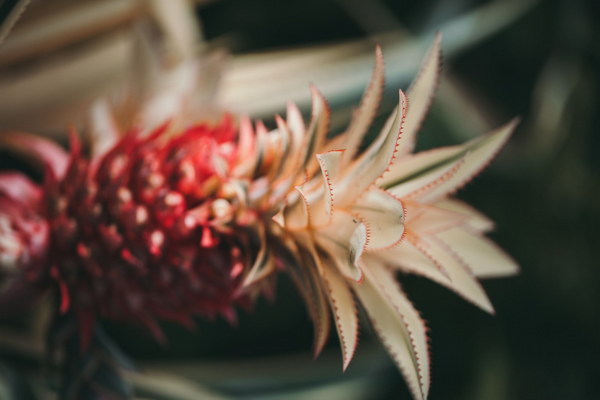
Iron is vital for producing red blood cells, which carry oxygen throughout your body. As women age, they may experience a decline in iron levels, leading to fatigue and weakness. Include iron-rich foods such as lean meats, poultry, fish, beans, and fortified cereals in your diet.
If you are diagnosed with iron deficiency, consider an iron supplement. The RDA for iron for women over 50 is 8 mg per day. However, consult with a healthcare provider before starting an iron supplement, as excessive iron intake can be harmful.
5. Probiotics for Gut Health:
A healthy gut is essential for overall well-being. Probiotics are live microorganisms that help maintain a balanced gut flora. Include probiotic-rich foods such as yogurt, kefir, and fermented vegetables in your diet.
For those who want to ensure they are getting enough probiotics, consider a probiotic supplement. Look for a supplement containing at least 10 billion CFUs (colony-forming units) of beneficial bacteria.
Conclusion:
As women reach the age of 50, it is important to pay attention to their nutritional needs. By incorporating a balanced diet and considering the right nutritional supplements, a 50-year-old woman can support her health and well-being. Always consult with a healthcare professional before starting any new supplement regimen to ensure it is safe and appropriate for your individual needs.

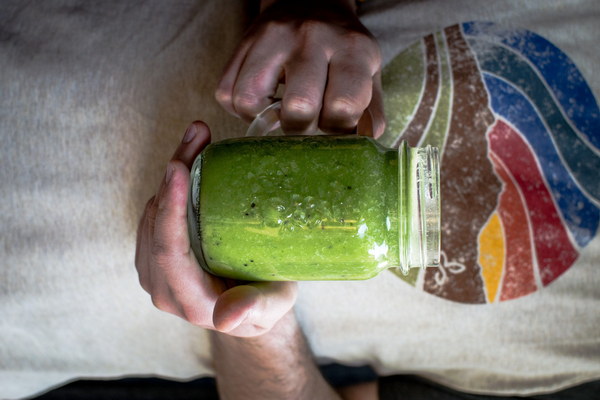
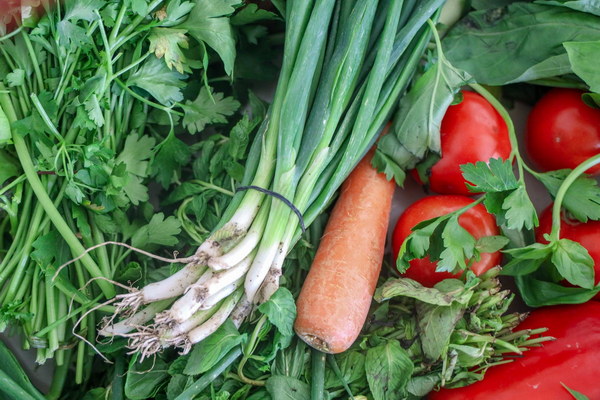
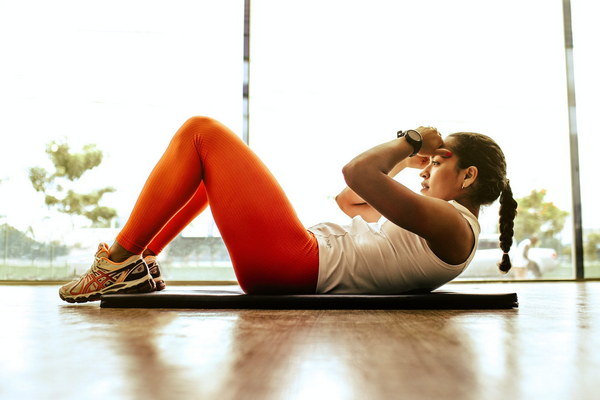
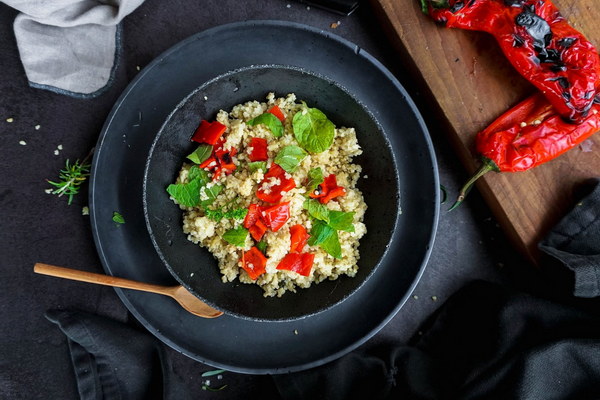
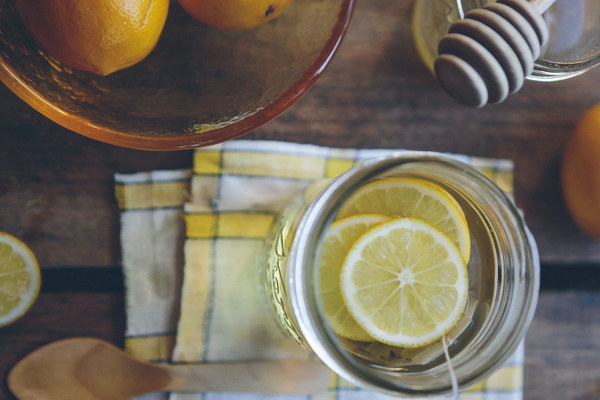
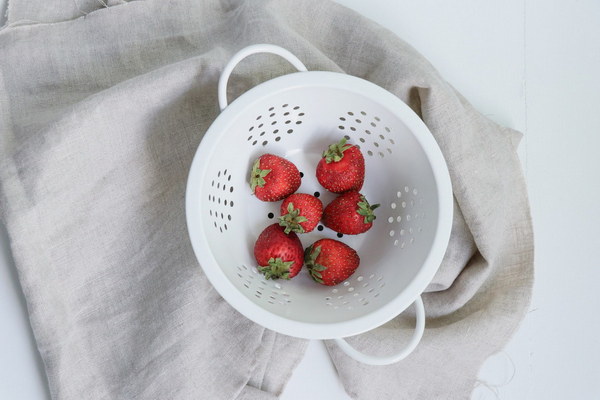
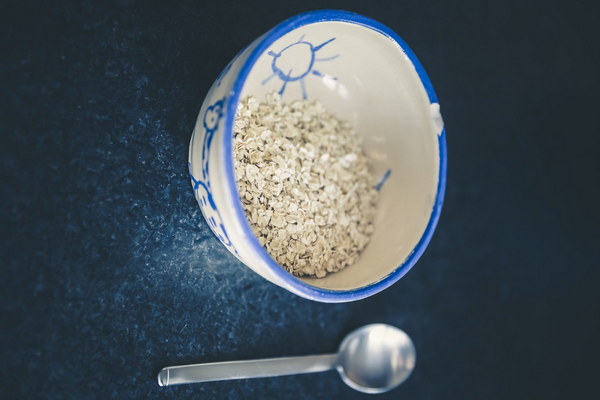
![Revolutionizing Beauty Discover the Secrets Behind the Success of [Brand Name]](http://img.bluepurple.cn/a/养生/303/Revolutionizing-Beauty-Discover-the-Secrets-Behind-the-Success-of-Brand-Name.jpg)